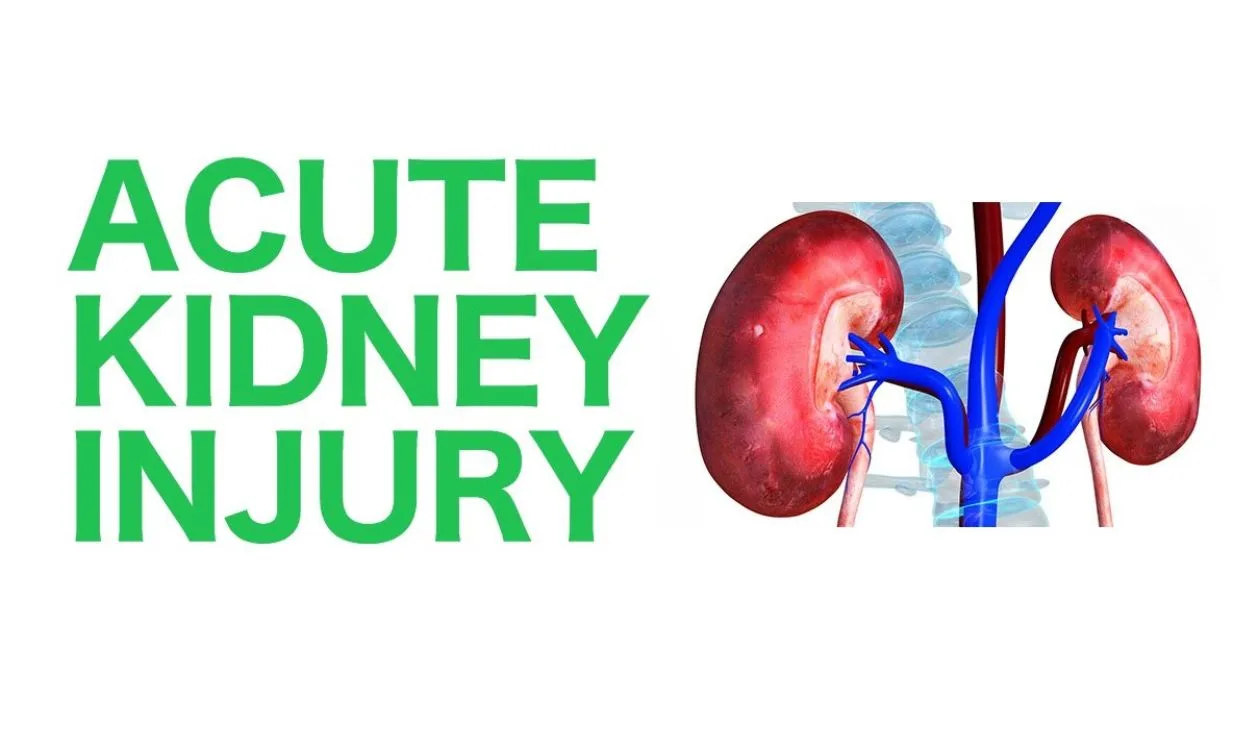Can AKI lead to chronic kidney disease?
Acute kidney injury (AKI) is a sudden and temporary loss of kidney function. It occurs when the kidneys stop filtering waste products and excess fluid from the blood. AKI can be caused by various factors such as dehydration, infection, medication, or a sudden drop in blood flow to the kidneys.
While AKI is typically reversible and the kidneys can regain their normal function with proper treatment, there is a concern that repeated episodes of AKI can lead to the development of chronic kidney disease (CKD).
Understanding CKD
Chronic kidney disease is a long-term condition in which the kidneys gradually lose their ability to function properly. It is characterized by a gradual decline in kidney function over a period of months or years. CKD can lead to the accumulation of toxins and waste products in the body, as well as fluid and electrolyte imbalances.
AKI as a risk factor for CKD
Research has shown that AKI can increase the risk of developing CKD in the future. The exact mechanisms behind this association are not fully understood, but several possible explanations have been suggested:
- Kidney scarring: During an episode of AKI, the kidneys may experience damage that can result in scarring. This scarring can impair the normal functioning of the kidneys and contribute to the development of CKD.
- Ongoing inflammation: AKI can trigger an inflammatory response in the kidneys, which may persist even after the initial injury has resolved. Chronic inflammation can lead to progressive damage to the kidneys and the development of CKD.
- Vascular changes: AKI can cause changes in the blood vessels of the kidneys, including narrowing or blockage of the vessels. These vascular changes can impair blood flow to the kidneys and contribute to the development of CKD.
- Underlying health conditions: AKI often occurs in individuals who already have underlying health conditions such as diabetes, high blood pressure, or heart disease. These conditions can increase the risk of both AKI and CKD.
Preventing CKD after AKI
While the link between AKI and CKD is concerning, there are steps that can be taken to reduce the risk of developing CKD after an episode of AKI:
- Prompt treatment of AKI: It is crucial to seek medical attention promptly if you experience symptoms of AKI, such as decreased urine output, swelling, or fatigue. Early intervention and appropriate treatment can help minimize kidney damage and improve the chances of recovery.
- Close monitoring: Individuals who have experienced AKI should be closely monitored by their healthcare team. Regular follow-up visits and kidney function tests can help detect any signs of ongoing kidney damage and allow for timely intervention.
- Managing underlying health conditions: For individuals with pre-existing health conditions such as diabetes or high blood pressure, it is important to manage these conditions effectively. Keeping these conditions under control can help reduce the risk of further kidney damage and the development of CKD.
- Healthy lifestyle choices: Adopting a healthy lifestyle can help protect the kidneys and reduce the risk of CKD. This includes maintaining a balanced diet, staying hydrated, exercising regularly, avoiding excessive alcohol consumption, and not smoking.
Fitpaa: Your Partner in Kidney Health
If you’re concerned about your kidney health and want to take proactive steps to manage and improve it, Fitpaa can be a valuable resource. Fitpaa is an AI-driven health and fitness app that provides personalized guidance and support to help you achieve your health goals, including kidney health.
With Fitpaa, you can:
- Assess your metabolism: Fitpaa’s Metabolism Assessment can help identify any underlying factors that may be impacting your kidney health.
- Receive personalized guidance: Fitpaa’s expert team of fitness coaches, nutritionists, and doctors can provide personalized guidance and support to help you optimize your kidney health.
- Follow a tailored plan: Fitpaa’s Personalized Fitpaa Capsule is designed to support kidney health by incorporating medical therapy, exercise therapy, nutrition therapy, and cognitive behavioral therapy.
- Leverage real-time guidance: Fitpaa’s Realtime Guidance technology incorporates habit-building and timely nudging to help you stay on track with your kidney health goals.
- Track your progress: Fitpaa’s mobile app provides tools for tracking your progress, including a virtual workout trainer, diet tracker, and performance tracking.
Don’t let AKI or the risk of CKD hold you back from achieving optimal kidney health. Download the Fitpaa app today and take control of your kidney health journey.









